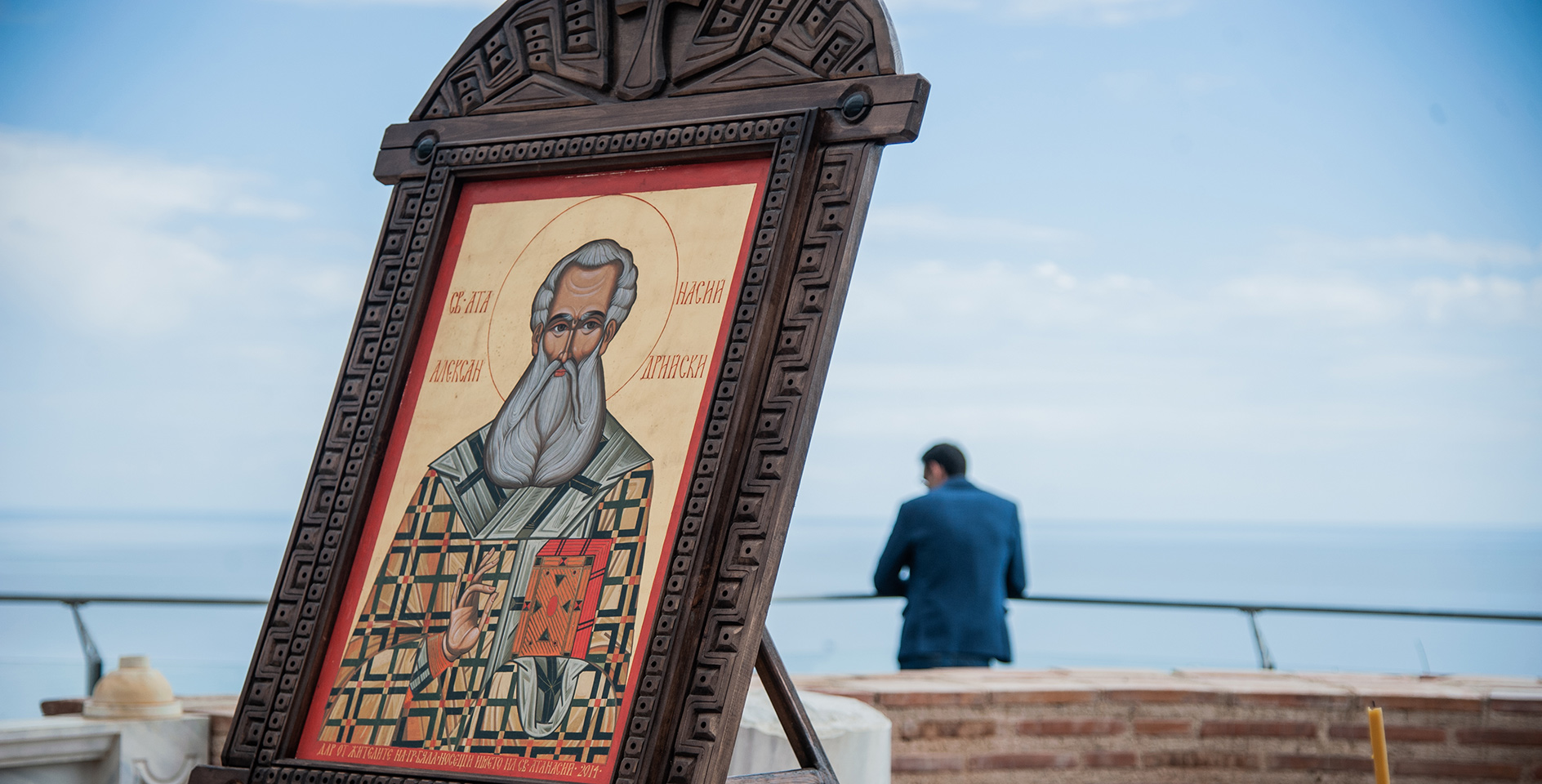On June 18th, 2015, Pope Francis will issue an encyclical on the environment. Many are assuming the Pope will openly affirm data from popularly accepted climate models, which predict significant ongoing problems due to human-caused release of greenhouse gases. Because of the politically charged nature of the issue of climate change, this new statement is drawing a great deal of advance interest.
An encyclical is an official statement, in this case from the Pope, which illuminates or emphasizes doctrine of the Roman Catholic Church. Although papal encyclicals are not considered infallible ex-cathedra teachings, they are authoritative for Catholics because they represent teachings approved by the Pope.
The title of the forthcoming encyclical, Laudato Si, gives some indication of its content. The phrase, which roughly translates to “praised be,” comes from a song written by Saint Francis of Assisi, who is a favorite saint for environmentalists. The song, Canticle of the Sun, recounts ways the creation praises God by reflecting his glory. In many ways, the song parallels the ideas presented in Psalm 19:1–6.
Many environmentalists are openly hopeful this encyclical will provide a major victory in the fight for universal affirmation of their climate change models. Given that climate scientists from the United Nations are advising him, this is a strong possibility. Many environmentalists are waiting in anticipation of the increased support of over 1 billion Roman Catholics worldwide due to the authority given to this teaching from the Pope. However, that anticipation may lead to some confusion immediately after the Vatican releases the encyclical, much like analysis of some of Pope Francis’ comments on previous issues.
Initial reports about the encyclical are likely to report affirmation of specific policies promoted by some environmentalists. For example, if the Pope affirms popular climate models, some media outlets may spin that as support for a tax on carbon emissions or population control measures. However, affirmation of a certain climate model does not present a blank check to activists to enlist every Roman Catholic for every policy proposed in the name of the environment.
The content of this forthcoming encyclical will probably not be earth-shatteringly new. The Pope is likely to call members of the Roman Catholic Church to be better stewards of the created order. He is also likely to affirm that abuse of God’s creation is a sin. He will probably remind his Church that many times the poor have the least ability to survive and recover from natural disasters, and thus mitigating natural disasters is a part of caring for the poor. These are basic, biblical ideas that the Catholic Church has previously affirmed and should resonate with both Protestants and Catholics.
Despite all of the ongoing discussion, we do not yet know what the content of the encyclical is. If it contains an open affirmation of human-caused climate change, that will be heralded as a major victory for some environmentalists who often describe resistance by people of faith to aspects of the environmental movement as part of a war between religion and science. Often, in reality, this resistance is actually over concerns about the potential impacts of proposed laws beyond the intended effect. Papal affirmation of popularly accepted models of climate change will not undermine the basic concerns all Christians should have for the welfare of all humans, including the global poor.
When the encyclical is released to the public, initial reports will probably be based on a cursory analysis of the letter and wishful extrapolation. However, this will be a carefully reasoned document that theologians and scientists have painstakingly groomed and the Pope has finally approved in light of historic Roman Catholic teaching. The document will deserve careful study instead of a cursory search for headline quotes and supporting proof texts.
Whatever the content of the new encyclical is, we must read it in concert with previous teachings of the Church. Laudato Si will not undermine the Catholic Church’s basic teachings about the value of human life nor authorize concern for the environment to the neglect of concerns for human flourishing. The basic teachings about the special place for humans in creation as stewards exercising responsible dominion over the created order have been a central teaching in the Catholic tradition. Additionally, opposition to population control measures through the prohibition of most forms of birth control and rejection of abortion are rooted in the foundations of Catholic social teaching.
In addition to these basic, biblical forms of stewardship, the Roman Catholic Church has consistently emphasized the principle of subsidiarity, which encourages finding solutions in communities closer to the problem. It pushes against collectivism and excessive governmental coercion. Subsidiarity affirms the dignity of humans and the importance of human freedom. We should keep these things in mind in light of the content of Laudato Si.
We must always filter policies and personal lifestyle choices through a set of considerations that include the flourishing of all of creation. Humans are a part of creation. However, humans are unique in creation, because we are made in the image of God (Gen 1:27).We are the only part of the created order that has the mandate and power to subdue the earth (Gen 1:28–30). Worship of the creation instead of the Creator is idolatry (Rom 1:24–25). These concepts have been consistent parts of traditional Catholic teaching, and Pope Francis will not change that.
In other words, any potential environmental regulations must also take into account the secondary effect of limiting development and economic progress among the poor. We should not create environmental rules, presumably to benefit the global poor, which prevent the global poor from overcoming their poverty.
Unthinking use of resources is contrary to just stewardship. It is, after all, God’s earth and not ours. However, failing to use available resources to eliminate physical and spiritual poverty reflects attitudes that are just as morally bankrupt. Not all economic development is good, but neither is it all bad. We must use the best information we have available to make wise personal and policy choices. Nothing in the forthcoming encyclical can change these responsibilities.
Evangelicals will benefit from carefully reading what Pope Francis publishes instead of reacting to pre-written or hastily compiled news stories. Hurling anathemas over disagreements about data and biblical interpretation has rarely done good for the gospel. It is unlikely to do so in this case. If the Pope affirms human-caused climate change, it is likely to cause a surge in support for radical climate action from people of faith. In the end, however, concern for climate change does not diminish our responsibility to be concerned for the flourishing of all of creation, which includes continued pursuit of stewardship that responsibly balances the welfare of both human and non-human creation.
The view expressed in this commentary belongs solely to the author and is not necessarily the view of the ERLC.









